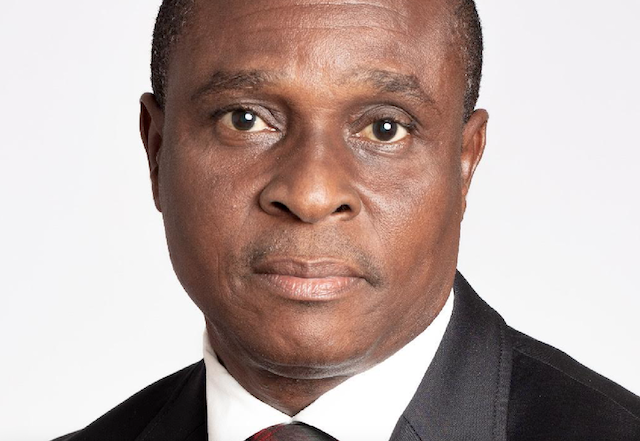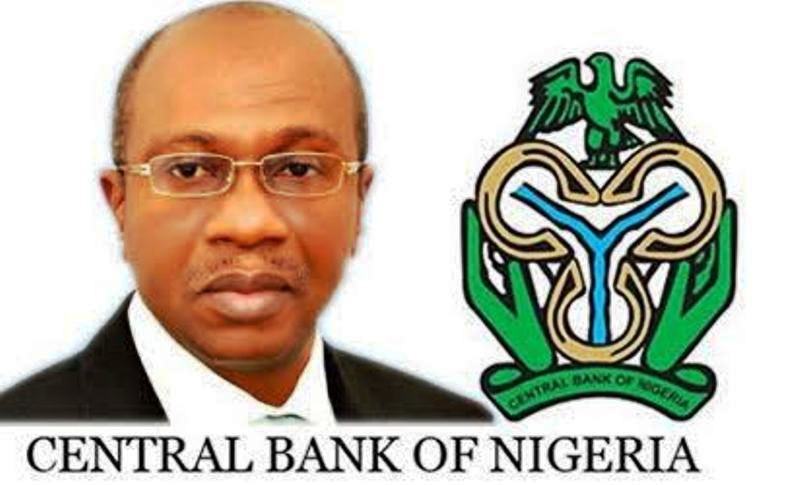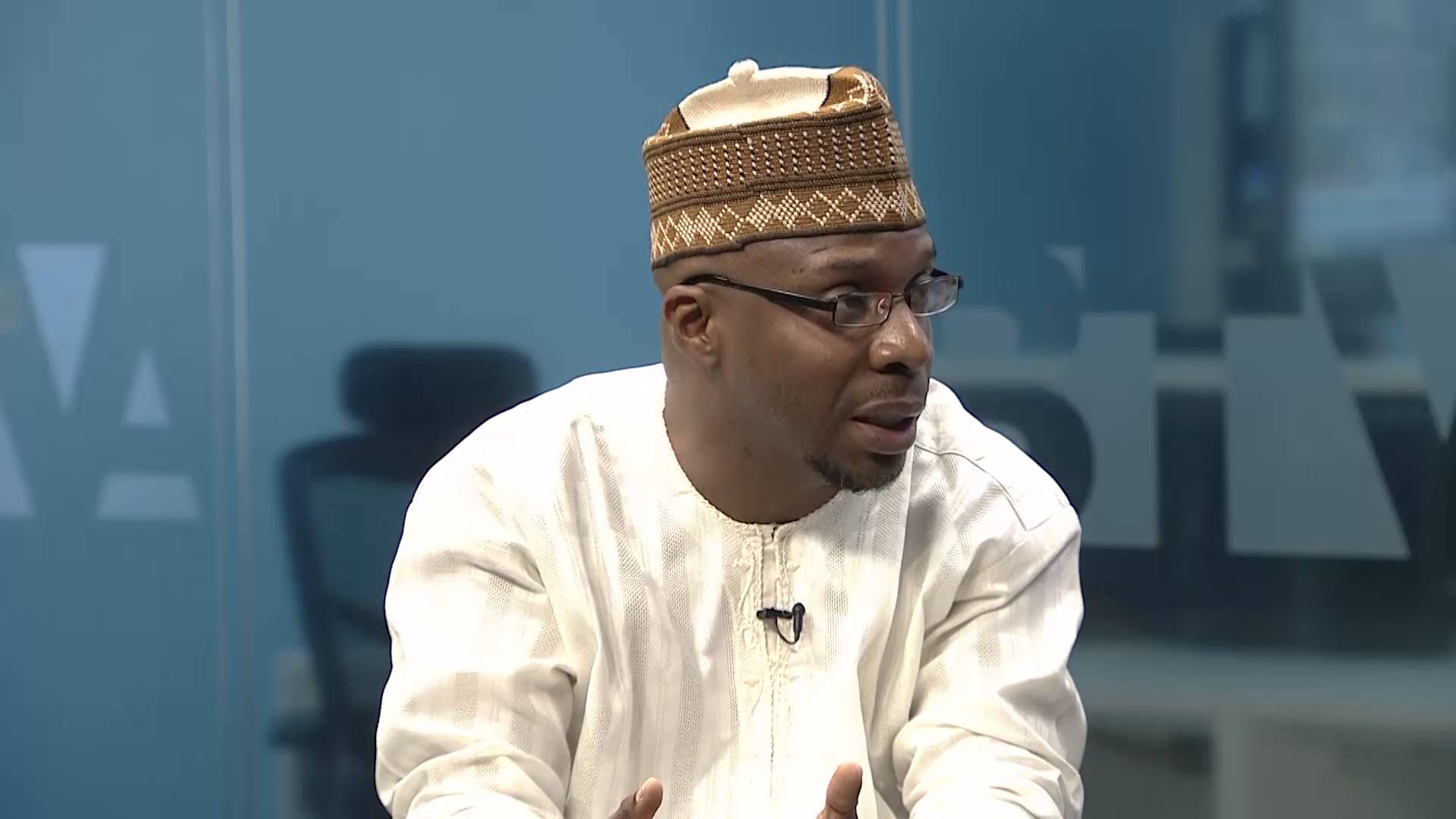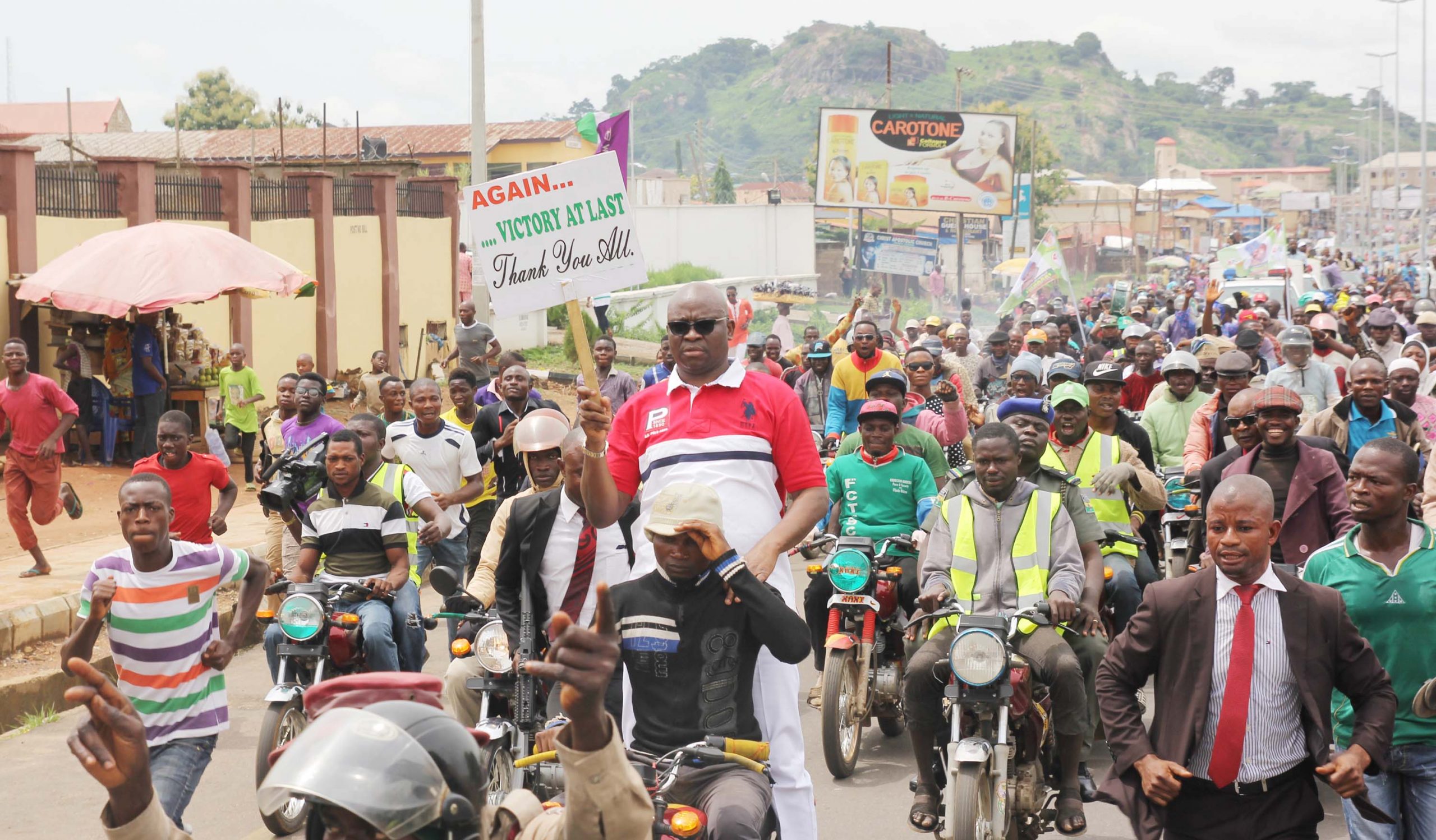It isn’t very likely that many Nigerian entrepreneurs are aware of the existence of the ECOWAS Bank for Investment and Development (EBID). Headquartered in Lomé, Togo, the bank has been in operation for 40 years and among Nigerian businesses, little is known about the financial products through which it supports both the public and private sectors’ financing requirements.
It was not until a few years ago that the Federal Ministry of Foreign Affairs realizing that Nigerian entrepreneurs and businesses were not making use of the bank’s facilities began an awareness tour of Nigeria’s geopolitical zones. But that was where it ended! There was neither a follow-up nor any known support policy or strategy mapped out to support struggling entrepreneurs who may qualify and access credit to boost their operations.
It is also incumbent on the Federal Ministry of Finance to sensitize the private sector and small businesses about the activities of the Bank and the role it plays in guaranteeing facilities from the Bank. In addition, the ministry may also organize workshops and bring in resource persons from EBID to lecture entrepreneurs on the levels of credit available, requirements and processes involved in applying for loans and grants.
While other West African countries’ businesses seem to be making use of EBID’s financial support, Nigerian authorities appear to have abdicated their duties towards ensuring equal participation by their citizens. Although EBID’s support to the SMEs is not well publicized, credible information from Nigeria’s foreign affairs ministry indicates that the bank finances manufactured exports to other African countries, especially within the West African sub-region.
Model
Modelled after NEPAD (New Partnership for Africa’s Development), and as the financial arm of ECOWAS, “EBID’s primary mission is to promote economic integration through the financing of programmes and projects of its Member States in line with those of the Community and/or the New Partnership for Africa’s Development (NEPAD). Consequently, it has two windows, one of which is dedicated to the promotion of the private sector, whilst the other focuses on the development of the private sector.”
This financing strategy is meant to encourage more trading and partnership in the ECOWAS countries in line with the foundational objectives of the economic community. What the bank intends to achieve through SME support is to standardize exportable goods and services across the region. Packaged food and clothing dominate items that receive grants and loans from the bank provided the entrepreneurs show markets where there is demand for the products.
Capital Raise
Beginning this year, the Board of Governors for EBID has approved a capital increase to US$ 3.5 billion from the existing US$ 1.5 billion. At an extraordinary session held last quarter of last year, the Board comprising finance ministers of Member-States also called for the last tranche of the bank’s capital totalling US$ 438 million.
The ECOWAS Bank plans to expand financing operations to provide ample opportunity for entrepreneurs within the region to access single-digit loans that will support trade with member countries. In addition, the Bank is intensifying its resource “mobilisation initiatives and seeks to position itself as the foremost regional development finance institution committed to playing a key and expansive role in assisting ECOWAS Member States to navigate the path to socio-economic recovery from the fallout of the COVID-19 pandemic and the Russian – Ukraine war.”
Over the years, the Bank has quietly morphed into a fully operational Development Finance Institutio, facilitatingd about US$750 million for Nigeria’s Bank of Industry. Aside from this intervention, there seems to be no other recorded intervention in the country’s public and private sectors.
With the Bank’s increase in capital, Nigeria’s economic managers owe it a duty to businesses to inform them about Nigeria’s shareholding commitment to the Bank and how they can benefit from the loans and grants structure of the bank. “With each intervention, we have always endeavoured to achieve our vision of being “an effective instrument for poverty alleviation, wealth creation and job promotion for the well-being of the people of the sub-region,” EBID claims.
Specific Areas of Intervention
Primarily, the Investment Bank’s financing targets infrastructure and basic amenities in its regional and national projects while the private sector focus is mainly on industries and services. Specifically, Member-States’ rural development and environmental development projects may attract funding for irrigation, flood control, rural water supply and agriculture projects. Livestock, fisheries, ecosystem protection, renewable energy and capacity building are other areas it can pull investment to support such programs.
Aside from EBID’s social sector provisional funding in vocational training, education and health, its private sector investments embrace the agro-allied industry, mining, and other industries. Technological innovations and services related to information technology, financial engineering, hotel and tourism are other areas facilities can be extended.
With the Bank’s capital raise and efforts to increase its paid-up capital, Nigerian businesses have the opportunity to access requirements in the various sectors of activity which focuses on the private sector and SMEs engaged in packaged food products that may be traded in other West African countries. Part of its expansionist programs up to 2025 may rely on AfDB investment targets on agriculture and food packaging.
Levels of intervention per loan
- Minimum amount of UA1 million (about US$1.5 million);
- The maximum amount of UA 20 million (about US$30 million) for national public sector projects;
- The maximum amount of UA 30 million (about US$45 million) for regional public sectors projects;
- The maximum amount of UA is 15 million (about US$22.5 million) for private sector projects.
There are also smaller units of credit to SMEs which constitute some of EBID’s financial products to encourage entrepreneurs in the West African market.
Before the current structure of the Bank, it operated as ECOWAS Regional Development Fund (ERDF) which focused its financing regimen on the public sector while ECOWAS Regional Investment Bank (ERIB) engaged the private sector. For its current wider scope of activity, the Bank envisages itself as “a powerful financial institution for private sector promotion and financing in the region and an effective instrument for poverty alleviation, wealth creation and job promotion for the well-being of the people of the region.”






